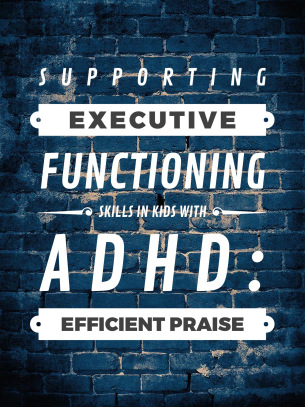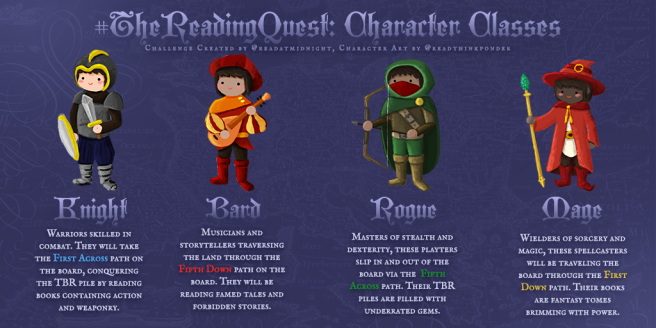
By: Stephanie Boron, M.S., CCC-SLP (Speech and Language Pathologist)
Recently, I had the pleasure of hearing Peg Dawson, Ed. D. give a talk on executive function (brain-based, cognitive processes that help us to regulate our behavior, make decisions and set and achieve goals.) Peg is a staff psychologist at the Center for Learning and Attention Disorders in New Hampshire, as well as the author of many books on executive functioning skills. She covered lots of info in her talk, but we wanted to highlight some of the info she shared about kiddos with ADHD.
While all kids with ADHD are unique, many struggle with executive functioning skills, especially the following executive function areas:
-Response Inhibition (the ability to stop/wait and think before you act/speak)
-Task Initiation (the ability to start a task in a timely fashion without too much procrastination)
-Sustained Attention (the ability to attend to a task that may not be of high interest and/or when fatigued or bored — think homework, not video games)
-Working Memory (The ability to hold info while performing other complex tasks)
As you can imagine, kiddos contending with difficulties in these areas are more likely to get more negative feedback and less positive feedback during their day. This is during interactions with both adults and peers and this can be really rough on their self esteem.
Positive feedback, delivered in an effective way (effective praise), can help kids with ADHD to strengthen their executive functioning skills, their sense of self, and the parent-child relationship. Here’s a helpful guideline — strive for 3:1 (3 positive feedback comments for every 1 corrective feedback comment).
Now, how do you go about giving that effective praise? A simple, “Great job!” may feel good, but it won’t help give kids the feedback necessary to also strengthen their executive functioning skills. Here are some helpful tips for delivering effective praise. You don’t need to use them all each time. Play around with using these methods in different contexts.
- Be specific about what was done well! (e.g., Thank you for cleaning up your blocks right after I asked you to.”)
- Let your child know why their choice was valuable. (e.g., When you get dressed quickly, that really made our morning feel so much easier!)
- Make it known that you’re noticing your child’s effort. (e.g., I see you working hard to wait for your turn on the slide.)
- Help your child notice their own problem-solving efforts. (Good thinking! You really figured out a way to get those pieces to fit together.)
For more information about Peg Dawson, Ed. D. and her work, you can check out her website. Thanks to Peg for allowing us to share this information.
You can also contact us at Beth Osten and Associates for more information about therapy and strategies to support kids with and without ADHD as they develop their executive functioning skills. Feel free to email sboronslp@gmail.com.
Advertisements Share this:




